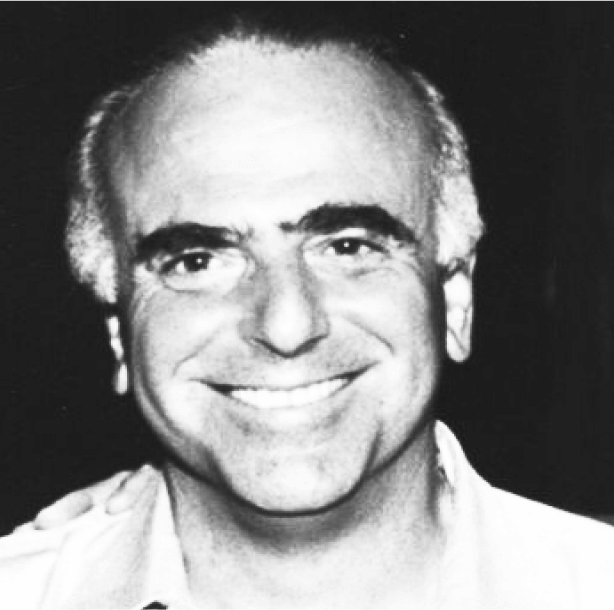Paulo Renato Souza Archive Guide
The Paulo Renato Souza Archive, donated in 2014, highlights Souza’s contributions as Minister of Education during President Fernando Henrique Cardoso’s administration. The guide centers on documents from this pivotal period, showcasing his strategic influence on educational reform.
Career highlights
Paulo Renato Souza, born on September 10, 1945, in Porto Alegre, RS, earned his economics degree from Universidade Federal do Rio Grande do Sul (UFRGS) and later pursued graduate studies at Universidad de Chile and a doctorate at Universidade Estadual de Campinas (Unicamp), where he served as professor and rector from 1986 to 1990. His varied public roles included operations manager at the Inter-American Development Bank (IDB) in Washington, D.C., São Paulo’s Secretary of Education (1984–1986 and 2009–2010), and federal representative (2006–2009).
In the 1994 presidential campaign, Paulo Renato Souza centralized the government plan for Fernando Henrique Cardoso, integrating contributions from PSDB state committees and technical experts. The resulting plan, Mãos à Obra, was launched in August 1994.
In January 1995, Paulo Renato Souza was sworn in as Minister of Education, a role he held through the end of 2002. His primary mission was to rally society around the critical importance of education for national development and to implement measures to elevate the quality of Brazilian education.
At the Ministry of Education
Upon his appointment as Minister of Education in January 1995, Paulo Renato Souza mobilized efforts to enhance the quality and accessibility of Brazilian education. His strategy, outlined in his 2005 book, A revolução gerenciada (The Managed Revolution), was based on a strategic plan that structured the foundation for major initiatives. In 1995, he launched Acorda Brasil, está na hora da Escola (Wake Up, Brazil, It’s Time for School), the first campaign aimed at societal mobilization around necessary educational reforms.
Key reforms under his leadership included the 1996 approval of the new Guidelines and Bases Act (LDB), ensuring places for all students aged 7 to 14, and the creation of the Fund for the Maintenance and Development of Primary Education and the Valorization of the Teaching Profession (FUNDEF). FUNDEF allocated funds to municipalities to improve teacher salaries, school infrastructure, teaching materials, and student transportation.
Programs developed
Paulo Renato Souza introduced landmark assessment programs that enabled a more precise diagnosis of Brazil’s educational landscape. These included the National Examination of Courses (ENC) or “Provão,” in 1996, targeting higher education entrants and graduates, and the National High School Exam (ENEM) in 1998. He also initiated reforms in basic education assessment with the SAEB update in 1997.
Other significant policies aimed at improving higher education included university autonomy (1996), the Higher Education Student Financing Fund (FIES) in 1999, infrastructure modernization, and inequality reduction efforts, such as the Diversidade na Universidade (University Diversity) Program in 2002. The Federal Bolsa Escola Program, implemented in 2001, aimed to prevent low-income children from leaving school to contribute to the family budget.
Archive
The Paulo Renato Souza Archive includes an array of documents reflecting his legacy as a public servant. The collection features diagnoses, program plans, reports from the Ministry of Education, and news clippings covering the public reception of his reforms. Photographic reports capture his visits to schools, hearings, and inaugurations, while statements, speeches, and manifestos emphasize his commitment to educational principles. The archive also includes recordings of commercials, jingles, interviews, and testimonials that bring his public communication efforts to life.





